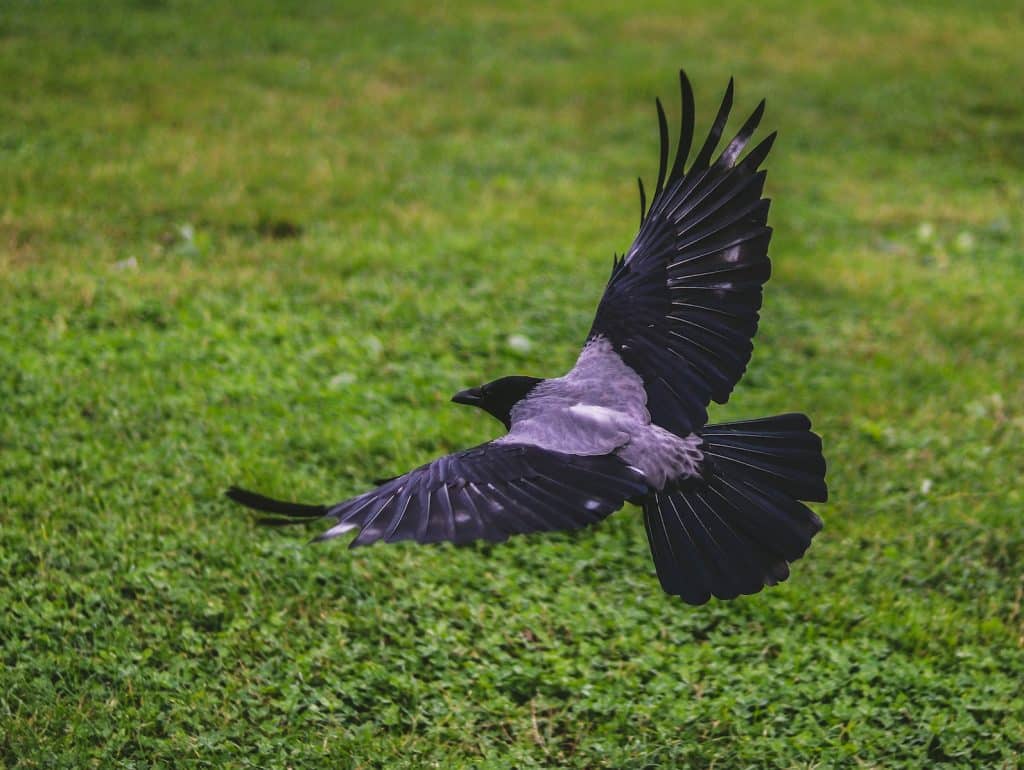
Animal lovers love the idea of having any kind of animal as their pet. Intelligent animals such as crows are a top choice. Crows can be found near homes and parks, so many people choose to make friends with them. It seems natural to believe that a crow could make a good pet because they are such good friends. Reality and our wishes don’t always coincide. So, do crows make good pets? These seven facts will help you decide if a crow is right for you.
Have you ever seen a pet crow owner? It’s not surprising that you answered yes. Crows can be seen flying around the globe, nesting in nearby homes or even eating in parks. There are good reasons why you haven’t seen a crow in captivity.
Crows are not good pets in any circumstance. Crows are not made for living in captivity. Crows are intelligent and need plenty of space. A crow in captivity has a significantly lower life expectancy than if it were to live in the wild. Crows can have health issues and mental problems. This is just one of many problems that can occur when a crow is kept as a pet.
Here are 7 things you need to know about Crows as Pets
1. Crows are wild animals
Crows cannot be domesticated so you will need to get one from the wild if you want to keep them as pets. This presents a moral dilemma. This is what you should think about it. Would you like someone to take you from all your freedom and place you in a cage where you will live your whole life? You probably wouldn’t. It’s not different for a Crow. They have access to the whole world and open skies in the wild. This is something you can’t offer them in your home. It is cruel to take a crow out of the wild, and it’s even crueler to keep them in a cage.
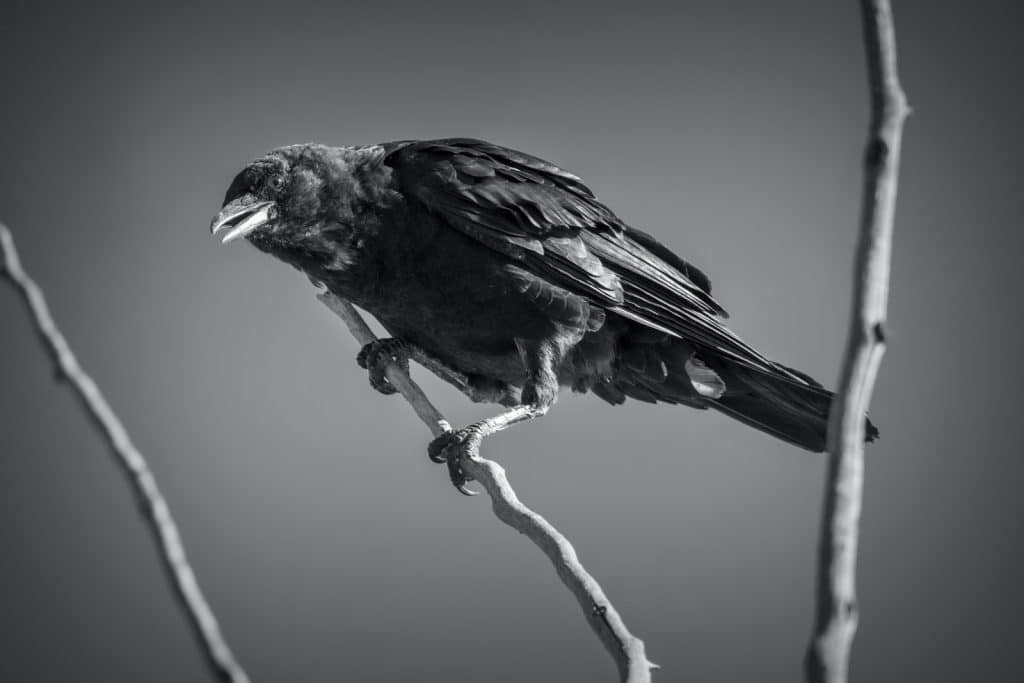
2. They need to sunbathe
Sunbathing is a favorite pastime for crows, but it’s not only for enjoyment. Crows, like humans, need vitamin D. The best way to get it is by sunbathing. Although you can keep the cage near the window to let them get enough sunlight, it won’t be the same. Your bird will most likely become vitamin D deficient.
3. It is illegal in many countries
Crows are migratory birds. The Migratory Bird Treaty Act protects them in America. It makes it illegal to capture or kill, trade, sell, transport, or transport any migratory birds, including crows. The Department of Interior U.S. must approve any special exemptions. Fish and Wildlife Service, however, these exemptions are rare and you won’t get one to keep a crow as a pet. It is illegal to attempt to domesticate a bird. This could lead you to be charged with felony federal crimes and possibly face serious fines.
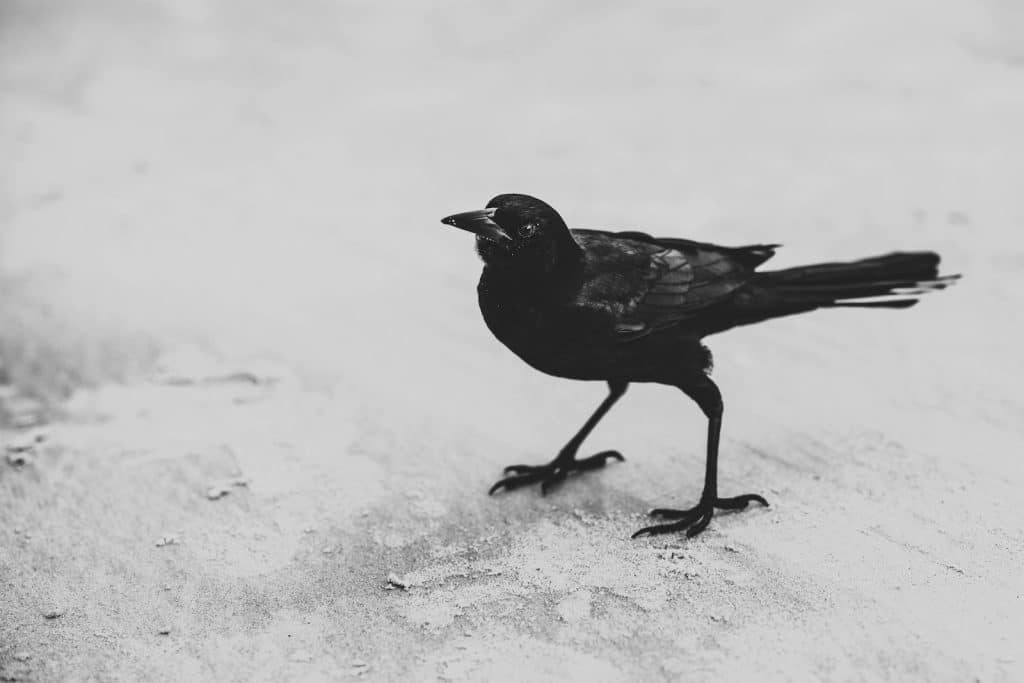
Imagine being taken from your family by someone who kept you in isolation until your death. It would be lonely, and you’d likely suffer from mental illness. Crows, like humans, are social creatures. You will doom a crow to solitude and depression if you take it away from its family.
5. They go crazy in captivity
Crows are intelligent and highly intelligent. Crows need to work their minds as hard as their bodies. It is said that caring for a crow is similar to caring for a child who is two years old and will never grow up. It’s even worse when a crow is kept in captivity. If the crow doesn’t have the chance to think through problems and use its intellect, it will experience negative mental health effects. Crows can become insane and demented if they are kept in captivity.
6. A large cage would be required
Crows are birds. Birds fly. Crows shouldn’t be left on the ground or perched on a perch without any way to fly. A large cage would be necessary to keep your crow safe and happy. An aviary would be necessary to house a single bird, but not everyone has the space or budget to build one.
7. Medical Care is near impossible
Keep a crow illegally. If it requires medical attention, it will not be able to be obtained from you. You won’t find any help from vets as they will have to report you, your crow, and the authorities. You’ll need to manage all medical issues for your crow yourself. What do you know about bird health? It is likely that you don’t have enough knowledge to care for a pet bird all its life.
What happens if you find an injured or abandoned Crow?
It is not a good idea to keep a crow as your pet. What if you discover a crow in need of care? It is okay to bring the crow in for care. No. You should not try to help the crow. It might leave a mark on you that could make it accept you as its parent. This would put it at risk for its entire life. Wildlife experts are careful not to show their faces when dealing with baby crows. A crow could become accustomed to seeing humans as help, and may even start to approach people at random. This could prove dangerous for them.
You should never touch, touch, or approach a crow injured. Wildlife Protective Services is the best option. These professionals are experts in dealing with these kinds of situations and will be better equipped than you to handle them. You’ll also be avoiding any investigation that could result from taking the Crow, which is, as you will recall, highly illegal at a federal level.
How to keep Crows as Pets instead of keeping them
We know you love crows, but now we have destroyed your dreams of getting one as a pet. What can a crow-loving person do? You’re not stuck, there are still options. There are three options available depending on how much you want to put into caring for Crow friends and family.
1. Get to know your local Crows
Crows can be friendly and social animals. People often become friends with entire flocks of crows who live nearby. You can build trust over time by offering healthy food options to crows such as peanuts and dried pet foods. You will need to feed the birds repeatedly and make sure it is legal in your area. But, if you keep at it, eventually they will trust you and form a friendship.
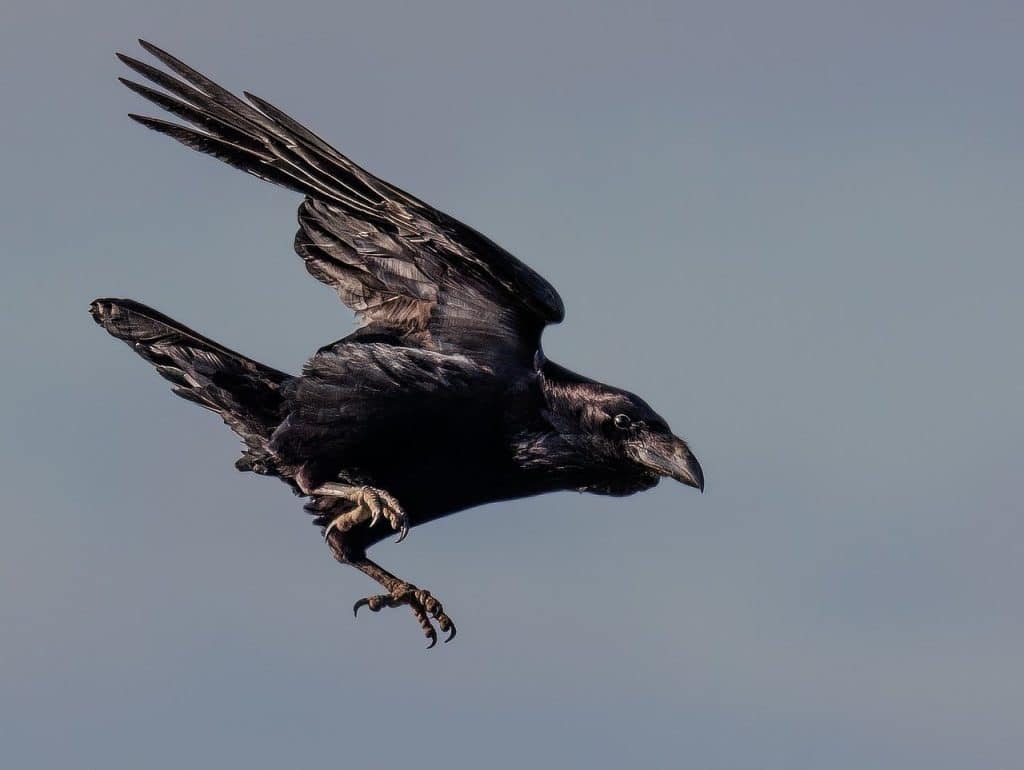
2. Volunteer with Wildlife Protection Services
Most major jurisdictions have Wildlife Protection Services. They are responsible for helping wild animals in need. Volunteering with your local chapter will give you the opportunity to help the wildlife they are saving. Although you may not always be able to work with crows in your area, it will give you the opportunity to interact with them when they are.
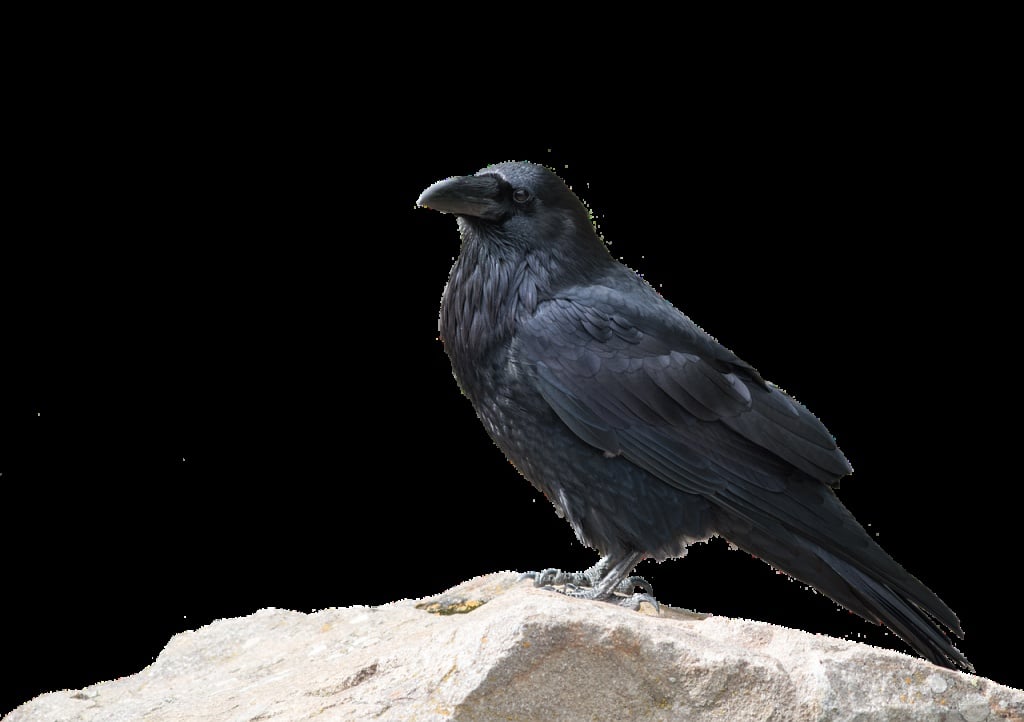
3. Accredited Wildlife Rehabilitator
You could also become a wildlife rehabilitator if you are looking for a deeper way to get involved in caring for crows and other wildlife. If you are interested, you could work exclusively with crows. This is not an easy path to follow. It is hard work, sacrifices, and a big life decision.
Conclusion
Crows are intelligent and friendly birds that will be loved by many. Crows are not good pets for many reasons. This is a terrible situation for both the bird and you. Crows kept as pets will become depressed and go insane if they are not allowed to exercise and have the space and stimulation that they need. Federal felony charges could be brought against you for illegally keeping wildlife. You can either befriend the crows in the park or find a job that allows you to care for them. You should never attempt to capture a bird and keep it as your pet. It could lead to serious consequences.
Can you become friends with a crow?
According to a 2020 research published in Science, crows can think about their own thoughts. Crows can distinguish specific human faces, correlate them with friendliness or danger, and transmit that information to their friends.
Can I contract the West Nile virus by touching a crow?
According to the CDC, there is no evidence of WNV transmission between crows and humans. Having said that, it’s always a good idea to use gloves while handling any animal (living or dead).
What happens if you are scratched by a crow?
A scratch from a wild bird, like any other unclean scrape, will only produce a slight surface infection.
Can a crow greet you?
It’s possible that one crow mimicked human behavior, and through time, other birds learned to say hello” as well.
What happens if a crow lands on you?
When a crow lands on a human head, the victim dies quickly, according to Hindu mythology. According to Hindu mythology, if a crow sits on the head of a human being, that person will die within a few days.
Should you look a crow in the eyes?
That is excellent advice. A University of Washington research looked at this, and we know that crows are extremely responsive to gaze. They don’t appear to respond to facial emotions, but they do notice where we’re looking—and they grow uncomfortable when we gaze at them directly.
What enrages crows?
Crows reprimand harmful individuals and admit family members and even strangers into the mob. Naive crows exposed to groups learn to recognize the harmful person, link that person’s face with danger, and react accordingly.
Can crow recognize your face?
Crows can remember human faces. Researchers returned to the location and strolled around wearing the various masks to test if the crows recalled the frightening face. Swift claims that when the birds spotted the menacing visage, they would raise an alert.
Do ravens signal danger?
Crows typically send out “sentries” to warn feeding birds of impending danger. Crows, ravens, jays, and magpies—a family of clever birds known for their ability to adapt swiftly to changing situations.
Can crows be kept as pets?
Crows are one of the numerous bird species protected by the federal Migratory Bird Treaty Act of 1918 (MBTA), which makes keeping one as a pet unlawful in the United States. It is also prohibited to injure or disturb birds protected by this treaty